Studies pinpoint key gene in region linked to autism
A single gene, OTUD7A, may account for most of the features seen in people missing a segment of chromosome 15 known as 15q13.3.
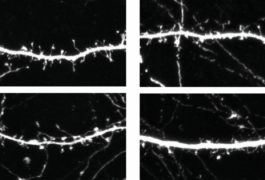
A single gene, OTUD7A, may account for most of the features seen in people missing a segment of chromosome 15 known as 15q13.3.

Many researchers question the value of three early mouse models of autism, but the models have their staunch supporters.
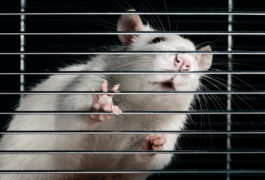
Male rats missing an autism candidate gene called SHANK3 spend less time sniffing, nuzzling and chasing their peers than controls do.

New artificial intelligence software can decode conversations between small monkeys called marmosets.
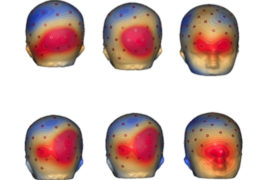
Nonverbal children with autism don't show the typical wave of brain activity involved in linking objects with their names.
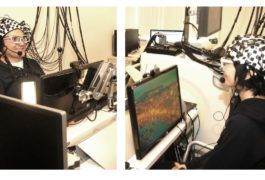
A test designed to capture the dynamic back-and-forth of conversation suggests the existence of a new language area in the brain.
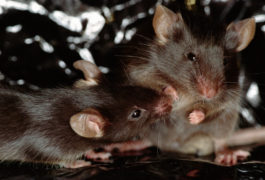
A drug that has shown promise for treating fragile X syndrome may ease features of another condition associated with autism.

Adults who have autism speak with unusual emphases and tone, but their speech still conveys the intended emotions.
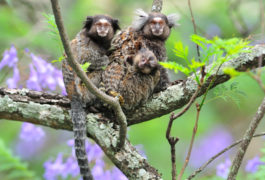
Baby marmosets learn to vocalize by mimicking their parents, which helps to establish their utility for studying autism.
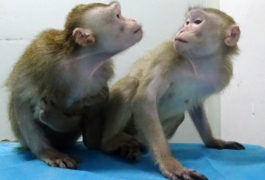
Monkeys with a mutation in the Rett syndrome gene, MeCP2, have social difficulties and repetitive behaviors.